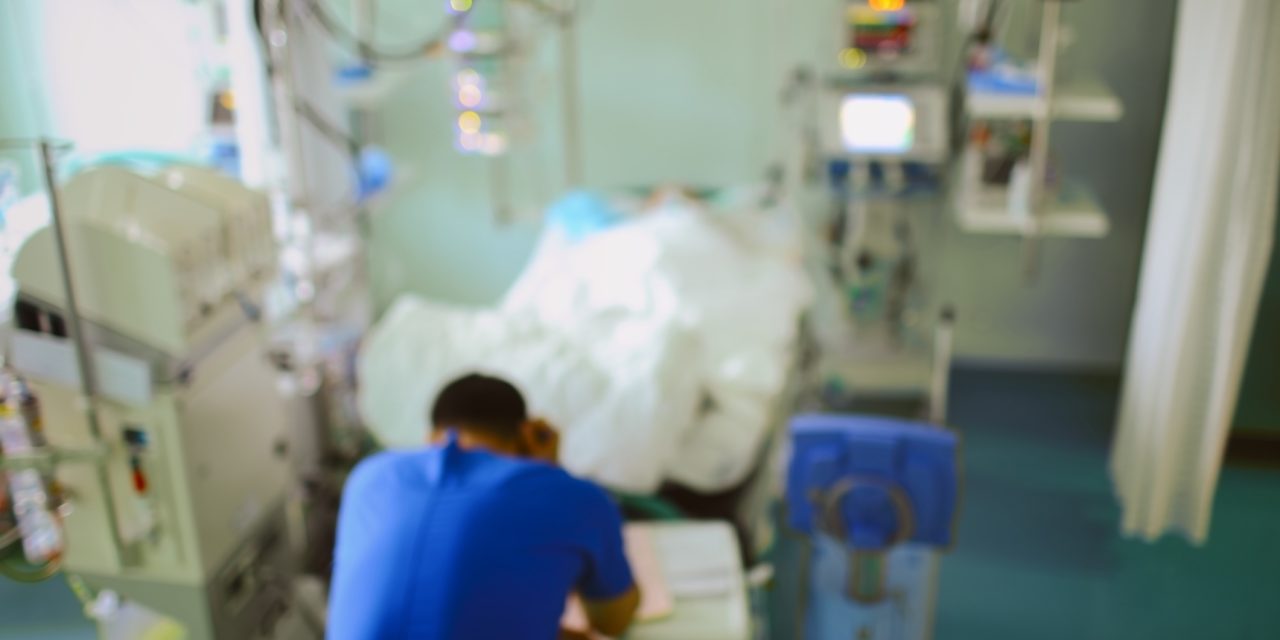Recently, a significant cluster of pneumonia caused by a novel betacoronavirus (severe acute respiratory syndrome coronavirus 2, SARS-CoV-2) was described initially in China and then spread throughout the world. Like other coronaviridae, the viral transmission occurs mainly through droplets. In addition, the virus has been detected in different clinical specimens, suggesting a potential transmission by other routes, including blood transfusion. However, the potential risk of transmission of SARS-CoV-2 via blood products is still unclear. The aim of our study was to investigate the prevalence of antibodies against SARS-CoV-2 among blood donors from South-Eastern Italy. Moreover, in the seropositive donors, we searched for the presence of the virus in nasopharyngeal swabs and in plasma samples. Overall, 1,797 blood donors from the Apulia region were tested for anti-SARS-CoV-2 antibodies, using a commercially available assay. Only 18/1,797 donors (1.0%) tested positive for anti-SARS-CoV-2 antibodies; in none of them SARS-CoV-2 viral RNA was detected in nasopharyngeal swabs and in plasma samples. Our results indicate that most of the blood donors in Apulia remained uninfected during this wave of the pandemic; further, none had detectable virus both in nasopharyngeal swabs and in blood samples. The risk to carry and transmit the virus by healthy and asymptomatic blood donors is probably very low.© 2021 S. Karger AG, Basel.
Low Prevalence of Antibodies to SARS-CoV-2 and Undetectable Viral Load in Seropositive Blood Donors from South-Eastern Italy.


